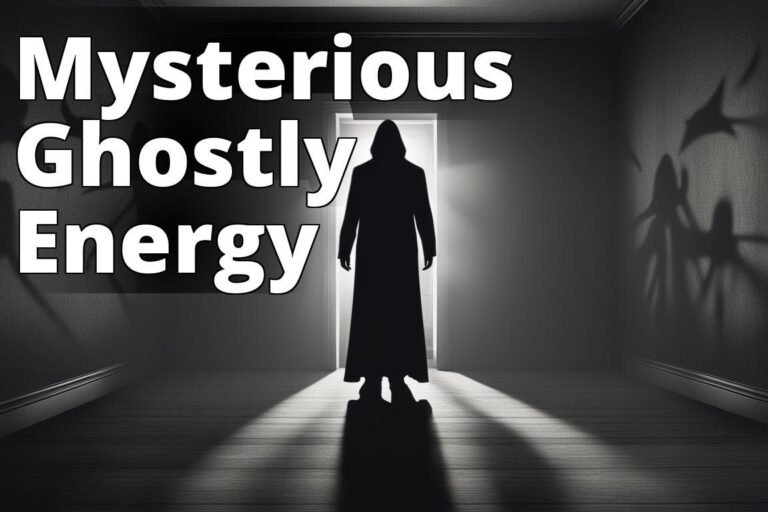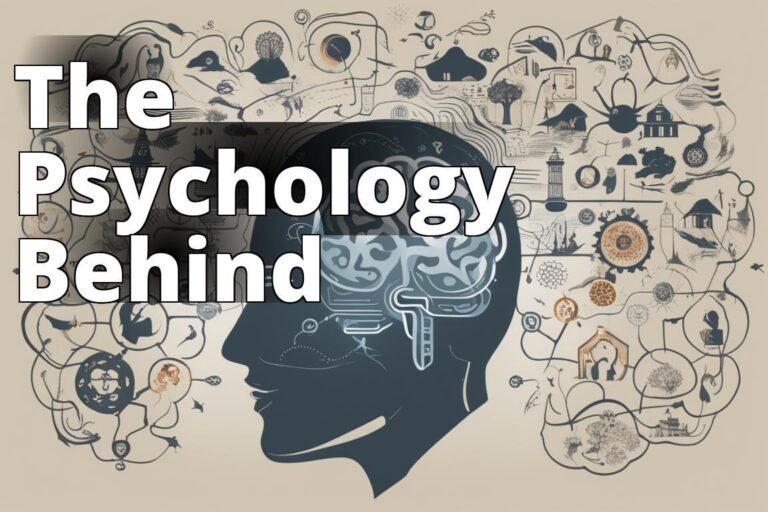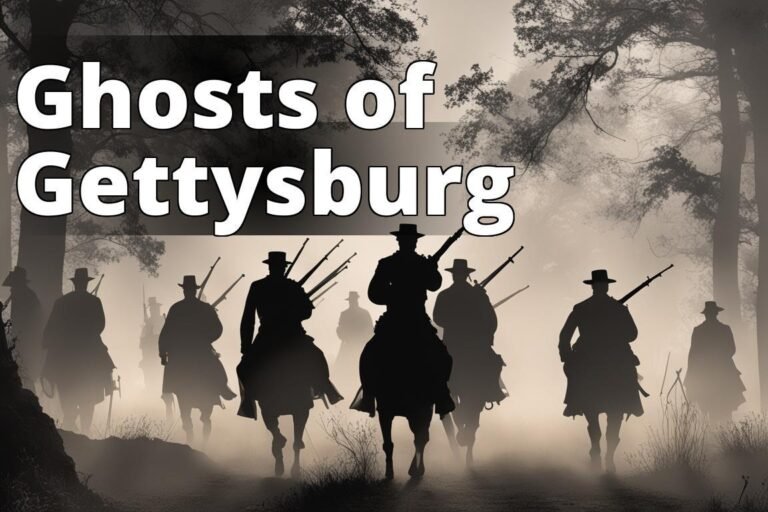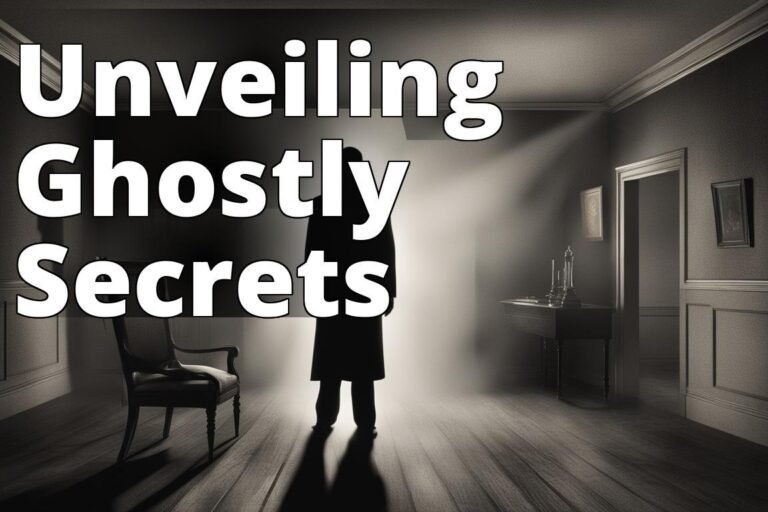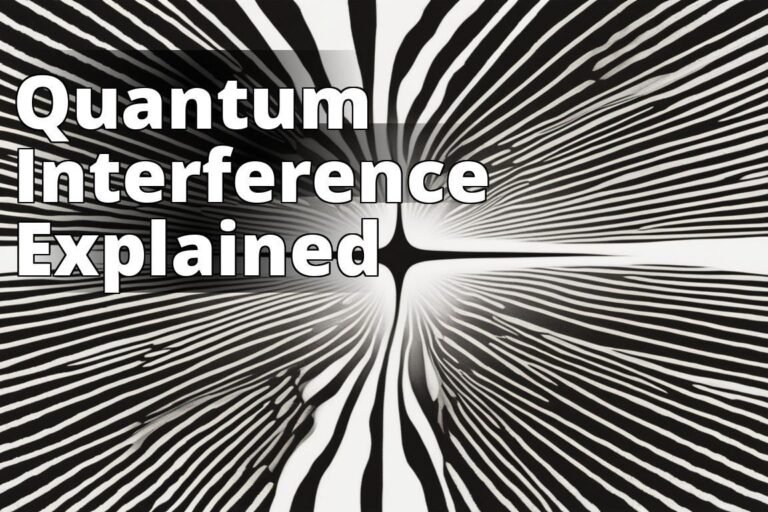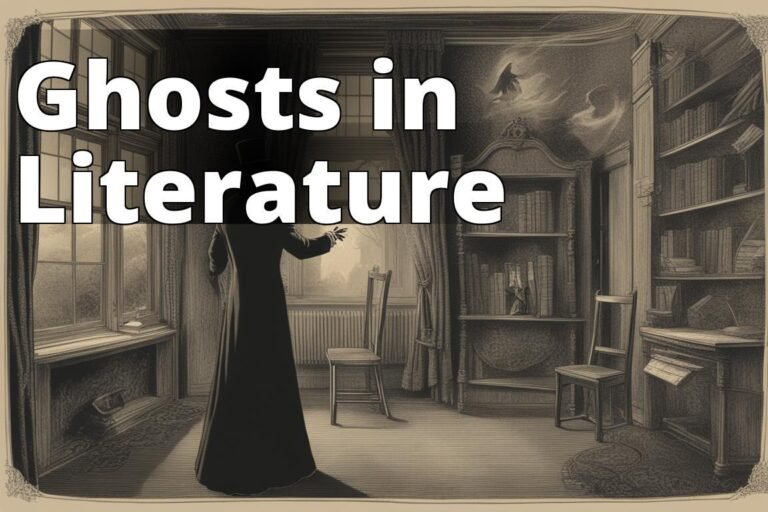What Psychologists Say About Ghosts and Spirits
Have you ever felt a chill down your spine while walking through an old house, or thought you saw a shadow flit across the room out of the corner of your eye? Ghosts and spirits have been a part of human culture for as long as stories have been told. In every corner of the world, you’ll find tales of the supernatural that have been passed down through generations. But when it comes to the existence of these ethereal beings, opinions are sharply divided. Some vehemently believe in their presence, while others dismiss them as mere figments of the imagination. Amidst these conflicting viewpoints, what do psychologists have to say about ghosts and spirits? This exploration aims to shed light on the psychological perspective, blending personal anecdotes with expert insights for a comprehensive understanding.
Learn about Psychologists’ Perspectives on Ghosts and Spirits
- Ghosts are believed to be spirits of the dead that linger on Earth.
- Spirits are considered non-physical entities or energy forms.
- Psychologists attribute beliefs in ghosts and spirits to brain functions, cultural influences, and coping with grief.
What Are Ghosts?
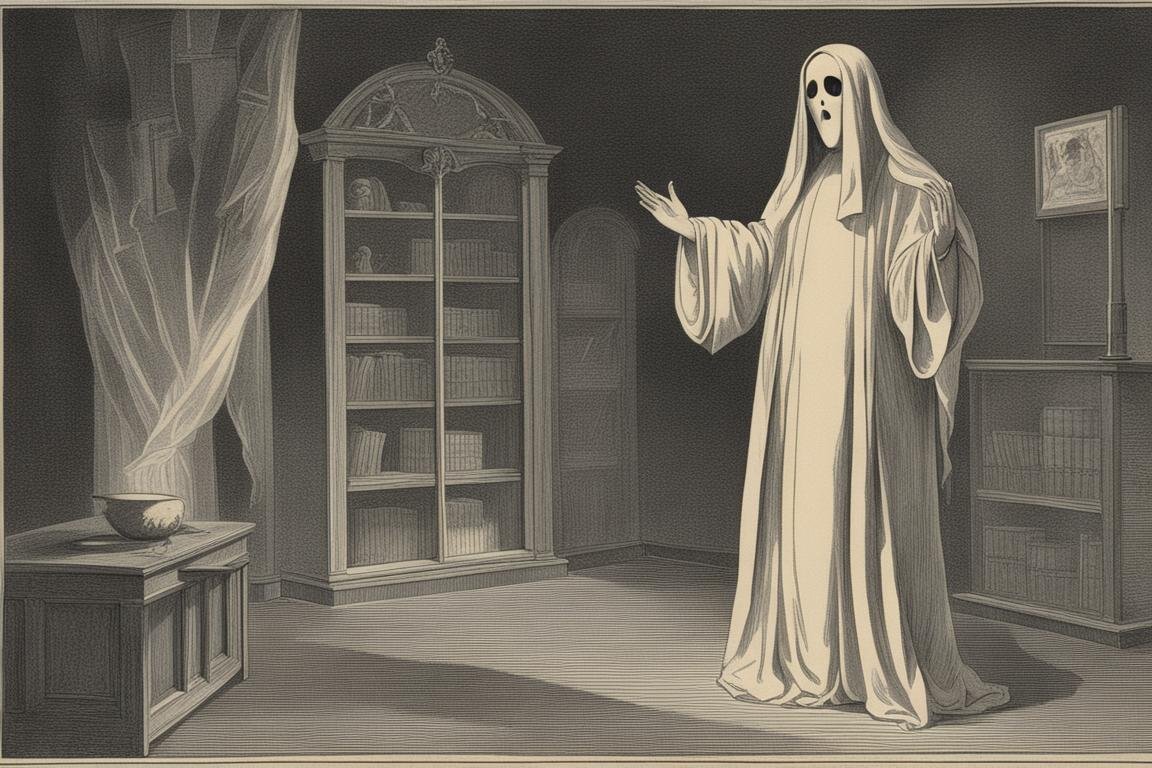
Ghosts are often depicted as the apparitions or spirits of the dead, believed to appear to the living. Stories of haunted houses, phantom sounds, and ghostly encounters abound, captivating the imagination. However, psychologists often approach ghosts from the perspective of human perception and belief systems.
From a psychological standpoint, ghosts can represent unresolved issues, fears, or desires. They might also embody the human tendency to search for meaning in the unknown, a concept deeply rooted in our psyche. The fascination with ghosts taps into our innate curiosity about the afterlife and what lies beyond the veil of death.
What Are Spirits?
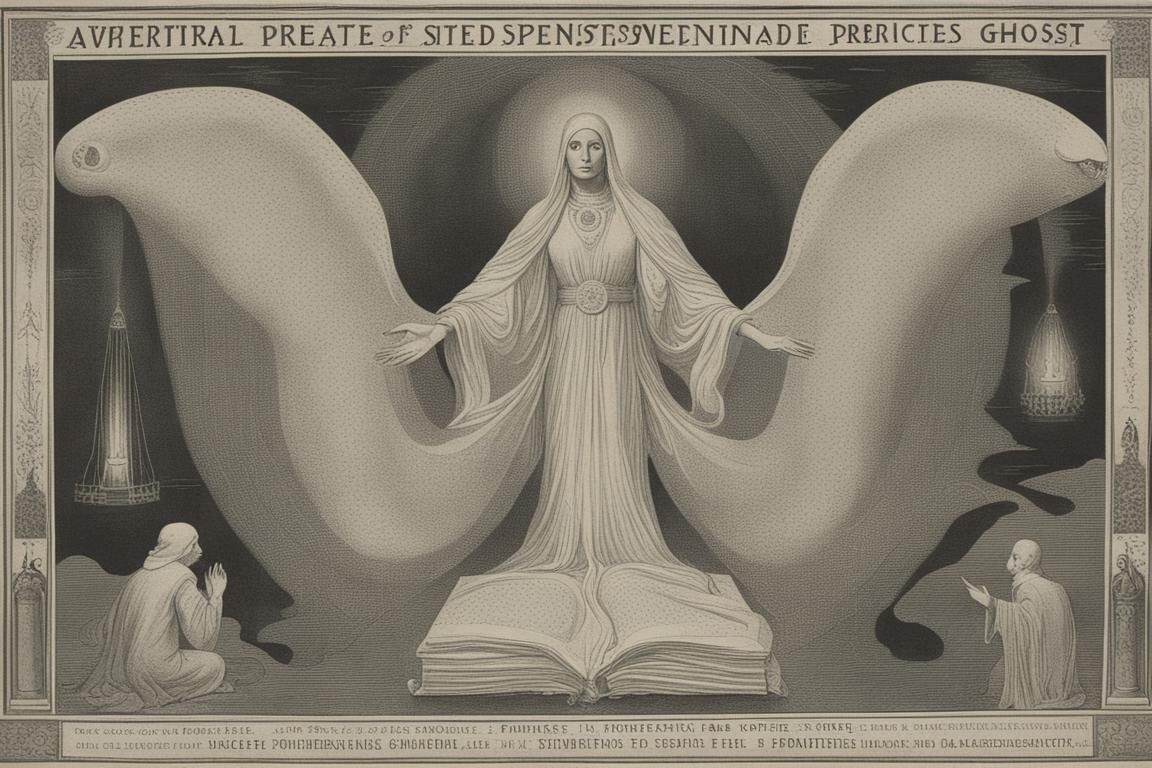
Spirits, on the other hand, are usually thought of as non-physical entities with a conscious identity. These can include ancestors, guiding spirits, or malevolent forces, depending on cultural beliefs. Unlike ghosts, which are often tied to specific locations or stories of untimely deaths, spirits are considered more ubiquitous and influential in the lives of the living.
Psychologists view the belief in spirits through several lenses, including cultural anthropology, sociology, and the study of human consciousness. Spirits can symbolize the human need for connection, guidance, and understanding in a complex world. They also reflect the diverse ways in which different cultures interpret the unseen forces that shape our lives.
What Do Psychologists Say About Ghosts and Spirits?
The Role of the Brain
Our brains are wired to seek patterns and make sense of the world around us. Sometimes, this can lead to perceptions of ghosts or spirits where there are none. Psychologists and neuroscientists have studied phenomena like pareidolia (seeing faces in inanimate objects) and apophenia (seeing patterns in random data) to understand why some people are more inclined to believe in the supernatural.
The Role of Culture
Culture plays a significant role in shaping our beliefs about the supernatural. Psychologists point out that stories of ghosts and spirits are found in every culture around the world, serving as a means to explain the unexplainable, enforce societal norms, or provide comfort in times of loss.
The Role of Grief
Grief and loss can profoundly impact our psychological state, sometimes leading to experiences that are interpreted as encounters with the spirits of departed loved ones. Psychologists recognize these experiences as a natural part of the grieving process for some, offering solace and a sense of continuity beyond death.
How to Cope With Ghosts and Spirits
Focus on Reality
When faced with fear or uncertainty about ghosts or spirits, psychologists recommend grounding yourself in reality. Engage your senses, practice mindfulness, or use logical reasoning to challenge irrational fears.
Seek Support
Talking about your experiences with trusted friends or family can provide reassurance and perspective. Sharing stories can also help to demystify and destigmatize experiences that might otherwise feel isolating.
Consider Professional Help
If fear of ghosts or spirits interferes with your daily life, seeking professional psychological help can provide strategies to manage anxiety and explore underlying issues.
A Word From Verywell
The psychological perspective on ghosts and spirits reveals more about the human condition than the existence of the supernatural. Whether you believe in ghosts or not, these stories and experiences hold a mirror to our fears, desires, and the profound human need to connect with something greater than ourselves.
References
For a deeper dive into the psychology behind ghosts and spirits, this authoritative reference provides a comprehensive overview.
Remember, exploring the unknown is a fundamental part of the human experience. Whether through the lens of psychology, culture, or personal belief, the stories we tell about ghosts and spirits enrich our understanding of the world and ourselves.
Questions
Who can provide insights on ghosts and spirits?
Psychologists offer unique perspectives on ghosts and spirits.
What do psychologists believe about ghosts?
Psychologists often see ghosts as manifestations of the mind.
How do psychologists approach the study of spirits?
Psychologists study spirits from a psychological perspective.
Who might doubt psychologists’ views on ghosts?
Skeptics may question psychologists’ beliefs on spirits.
What evidence supports psychologists’ views on ghosts?
Psychological studies and research provide evidence for their perspectives.
How can one reconcile science and spirits according to psychologists?
Psychologists suggest exploring the psychological aspects of paranormal experiences.


